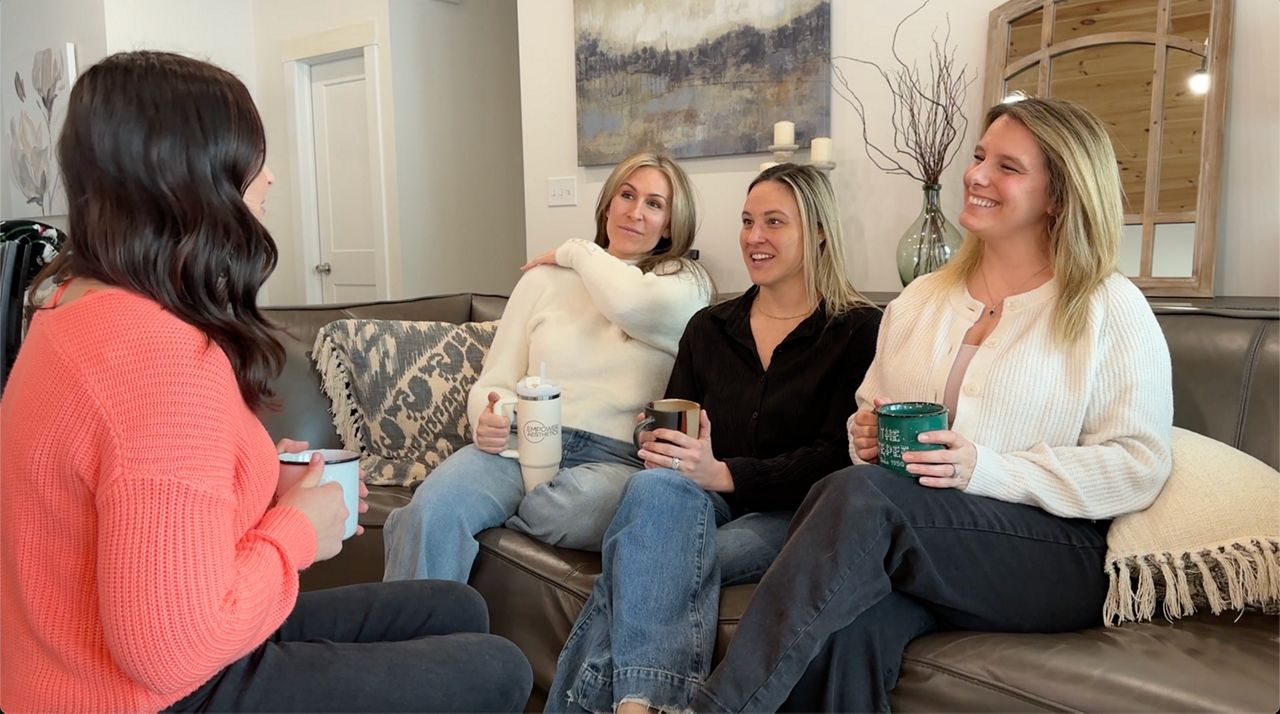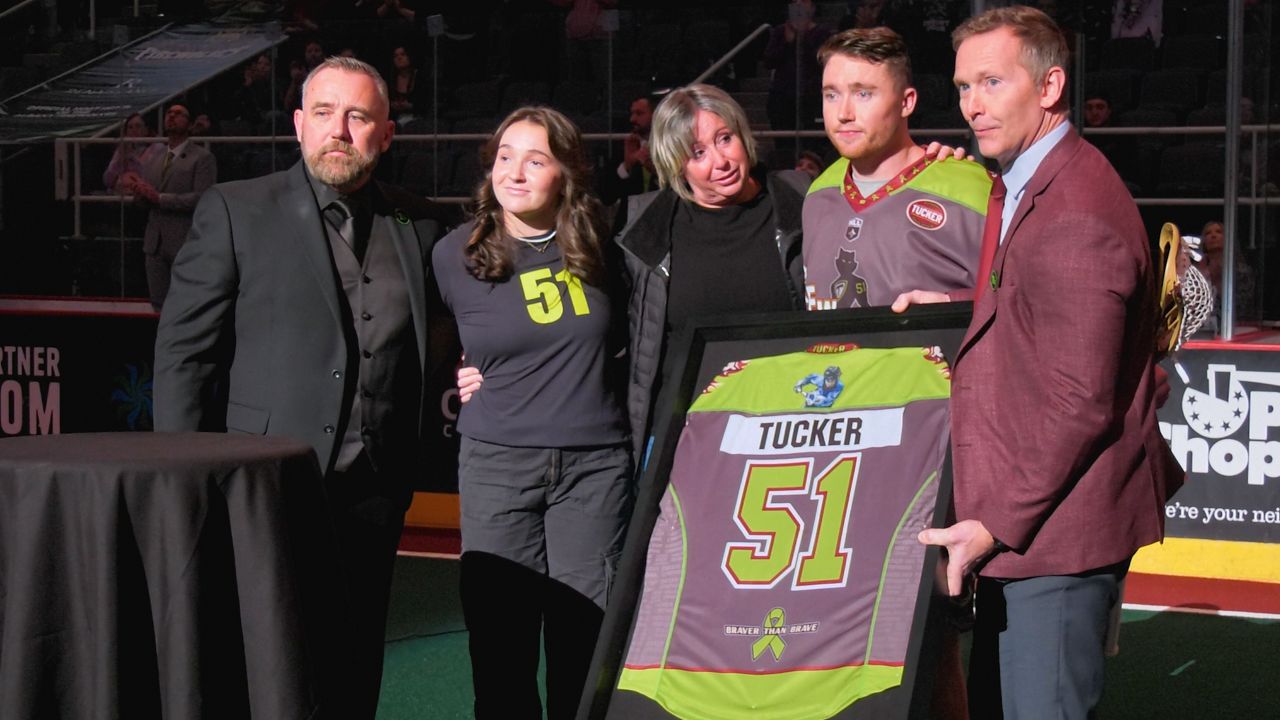If there’s a place where Benjamin Lerner is most at peace, it is likely seated at a piano.
“Every note and every chord has what I like to call its own musical shape and it relates to an emotion, it relates to a visual, it relates to a feeling,” said Lerner, who began classically training at the age of nine.
As soothing as his melodies sound, each is rooted by an inner turmoil. Entitled “Never Let It Go,” one of his songs is inspired by his arrival at an addiction recovery center almost five years ago.
What You Need To Know
- Benjamin Lerner is a classically trained pianist who combines his compositions with rap lyrics about his struggles with drug and alcohol abuse
- For nearly three years Lerner has worked with producer Joshua Sherman, and the pair have released an album called “Clean” about Lerner’s journey
- Sherman is also a doctor in Western Vermont who has treated many patients battling addiction
“I’d been in and out of in-patient and out-patient recovery centers for a couple of years but this time was different,” Lerner said after finishing the song. “It wasn’t because it wasn’t to avoid consequences or because my family wanted me to go, I really wanted to go for myself.”
If his compositions at the piano paint a scene of tranquility, his lyrical creations are more reflective of the demons he’s battled.
“I can’t help but cry every time I play it,” Lerner said. “I get teary eyed every time I play it because of that moment where it’s like ‘this is your life.’ ”
Combining classical piano and rap, Lerner has crafted a musical style that is uniquely his. He’s been working with producer Joshua Sherman for the past three years.
“I think the greatest artists always use their own stories as a way of connecting,” Sherman said as he watched Lerner from inside his recording booth. “This is his way of expressing himself, and I think really great musicians always find a way of connecting with others.”
In the fall of 2018 Sherman opened his company, Old Mill Road Recording, in East Arlington, Vermont where his family had vacationed for years.
“It’s literally situated between a road and a river, but has perfect sound,” Sherman said as he walked out the sliding door adjacent to the studio.
Nestled into the bank of a river, the studio’s building and property have a rich history. The mill next door was once a meeting place for Revolutionary War figures like Ethan Allen, and through the 1940s, Norman Rockwell and a community of artists worked nearby.
“The idea behind the mill and Old Mill Road Recording is that we have the opportunity once again to build the next artists’ colony, the next revolutionary idea through music, through arts,” he said.
Believing their work fits into that revolutionary mold, the two men share a connection that goes beyond music. Sherman is also a doctor who’s treated many patients battling addiction over the years.
“I tended to see people not in their day-to-day lives but I met them during crisis, whether that was during overdoses or whether that was during suicide attempts,” said Sherman, who started working as a hospitalist at Southwestern Vermont Medical Center in 2009 but now works in private practice.
Together they have produced Lerner’s first album, “Clean,” which takes listeners through his battle with drug and alcohol abuse.
“A lot of the songs are peaceful, yes, but some of them really touch on the pain that I experienced,” Lerner said. “I find that the more honest I am with my experience, the more it connects with people.”
Lerner and Sherman are already back in the studio collaborating on new music.
“I think he’s an inspiration and that should be celebrated,” Sherman said of Lerner after he played through his song “Scars.” We hear so many stories of addiction that are tragedies; let’s share some of the stories of addiction that have a happy ending.”
As he approaches the five-year anniversary of his sobriety, Lerner says his creativity is fueled by a drive to help others going through the same struggle.
“I thought I was getting high when I was using dope and crack but there is nothing that can touch that feeling of knowing that you are helping somebody else,” Lerner said. “That is what recovery is all about and that is what the program is all about and that’s what I’m trying to make my life and my music all about.”










